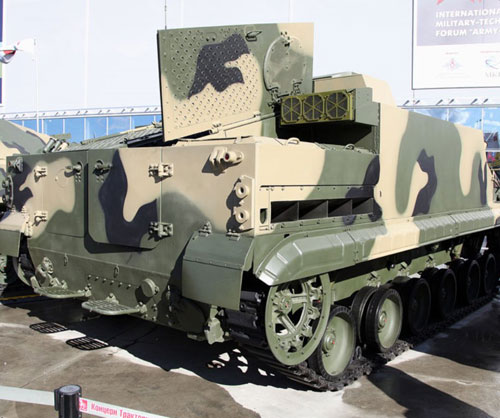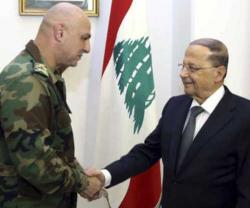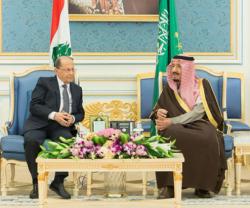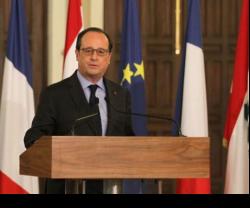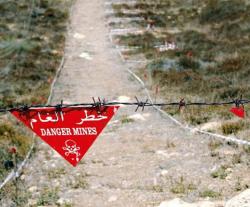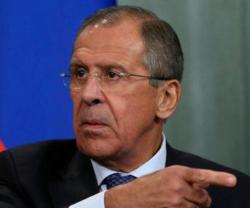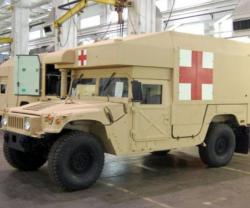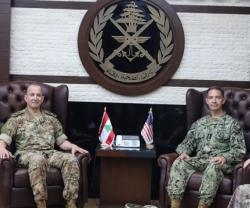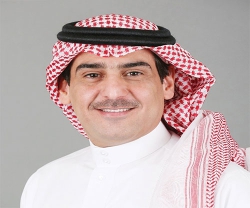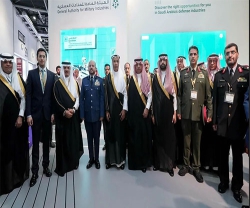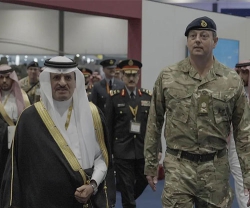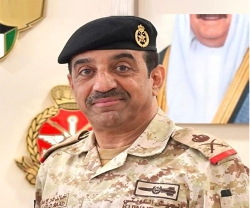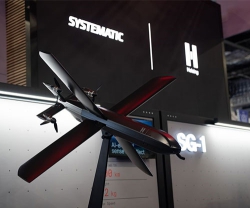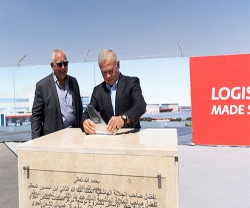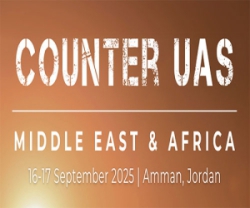The Lebanese Parliament elected former Army Commander Michel Aoun as President on Monday, ending a 29-month presidential vacuum as part of a political deal that is expected to make Sunni Muslim leader Saad al-Hariri Prime Minister.
Aoun, who is in his 80s, secured the Presidency by winning the support of 83 Members of Parliament (MPs), well above the absolute majority of 65 needed to win, according to a tally of votes read out in a televised broadcast from Parliament.
Fireworks echoed across Beirut as the tally showed Aoun the winner. Aoun, an MP, was shown smiling in his seat. The Lebanese Presidency is reserved for a Maronite Christian in the country’s sectarian power-sharing system.
Hariri’s decision to endorse Aoun marked a major political concession reflecting the diminished role of Saudi Arabia in Lebanon, and the decisive influence wielded by the Tehran-backed Hezbollah. Saudi Arabia had backed Hariri and his allies through years of political struggle with Hezbollah and its allies.
Hariri’s own financial misfortunes have also played a big part in bringing about the breakthrough. His political network in Lebanon was hit by a cash crunch caused by financial troubles at his Saudi-based construction firm, Saudi Oger.
Analysts say the position of Prime Minister, which he previously held from 2009 to 2011, should help him shore up his support ahead of parliamentary elections that are due to be held next year.
Aoun is due to meet MPs later this week on their preferences for Prime Minister. He is obliged to designate the candidate with the greatest support among MPs, expected to be Hariri.
Born February 18, 1935, Michel Naim Aoun is the 13th President of Lebanon. Lebanon had been without a Head of State, after President Michel Suleiman stepped down as President at the end of his term in May 2014, resulting in a deadlock as the Lebanese Parliament failed to elect a successor for 29 months and 45 previous parliamentary sessions that failed to make a quorum for a presidential ballot.
From 22 September 1988 to 13 October 1990, shortly before the end of Lebanon’s Civil War, Aoun served as Prime Minister of one of two rival governments contending for power at that time. He declared “The Liberation War” against Syrian army forces on 14 March 1989. On 13 October 1990, the Syrian forces invaded Beirut. Aoun fled to the French Embassy in Beirut, and was later granted an escape to France. He returned to Lebanon on 7 May 2005, eleven days after the withdrawal of Syrian troops from the country.
In 2006, as Head of the Free Patriotic Movement (FPM), Aoun signed a Memorandum of Understanding with Hezbollah, starting a major alliance that has remained ever since. Despite the bloody history with the regime of Hafez al-Assad, father of Bashar al-Assad, Aoun visited Syria in 2009.
He is a Member of Parliament and the Head of the Reform and Change Bloc, which has 27 representatives and is the second biggest bloc in the Lebanese Parliament. In September 2015, Aoun sponsored the candidacy of his son-in law, Foreign Minister Gebran Bassil, to the FPM leadership post. Bassil was elected by acclamation after his main contender, MP Alain Aoun, was convinced to quit the race.
Photo: Newly elected Lebanese President Michel Aoun reviews the Honor Guards upon arrival to the Presidential Palace in Baada, near Beirut, Lebanon on 31 October 2016

